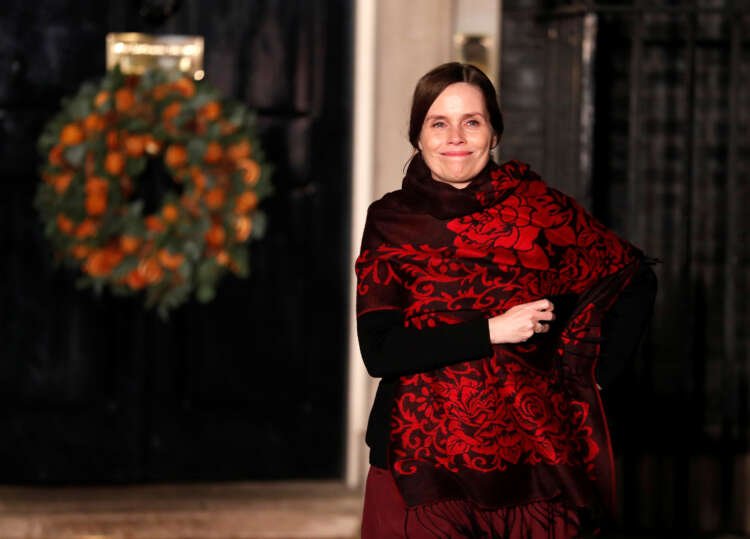In Iceland’s election, political stability again at stake
Published by maria gbaf
Posted on September 27, 2021
3 min readLast updated: February 2, 2026

Published by maria gbaf
Posted on September 27, 2021
3 min readLast updated: February 2, 2026

Iceland's election may disrupt political stability with a fragmented parliament. Key issues include climate change, healthcare, and tourism recovery.
COPENHAGEN (Reuters) -Icelanders ended voting late on Saturday in an election that could have a messy outcome with a record nine parties likely to enter parliament, making it difficult to find common ground on topics like climate change and healthcare.
The North Atlantic island of 371,000 has had a period of stability since 2017 under the ruling left-right coalition, after years of political scandals and distrust of politicians following the 2008 financial crisis.
The current government coalition led by Prime Minister Katrín Jakobsdóttir’s Left-Green Movement won its mandate on a promise to secure stability after Icelanders went to polls five times from 2007 to 2017.
In 2017, the Left-Greens, who call themselves a “radical left wing party,” teamed up with unlikely partners – the pro-business Independence Party and the centre-right Progressive Party – to the anger of some in the party grassroots.
While Jakobsdóttir remains popular, polls suggest her party will lose support, marking the end of her coalition. Support for the Independence Party, Iceland’s biggest party, is also declining, but the election result may still give former Prime Minister Bjarni Benediktsson a mandate to form a new government.
A shattered political landscape will make it difficult to form a new government, but Jakobsdóttir may seek a coalition with other left-wing parties that opinion polls suggest will gain support.
“If we get such a government, we are going to see some changes when it comes to taxation of the rich, and environmental questions are going to be more important,” said Baldvin Bergsson, political analyst at broadcaster RUV.
Climate change is an important issue for Icelanders, who like to call their nation the “Land of Fire and Ice” because of its other-worldly landscape of volcanoes and glaciers used in the HBO TV series “Game of Thrones”.
Iceland has already pledged to achieve carbon neutrality by 2040, well ahead of most other European nations, but especially younger voters are pushing for even bolder steps.
Left-wing parties are also calling for more government spending on healthcare, which has been the most important topic in the election.
Successful weathering of the pandemic and the lifting of coronavirus restrictions has reopened borders, providing a needed boost to the vital tourism sector, which attracted some 2 million foreign visitors in 2019.
“The pandemic was a huge blow to the important tourism industry,” said Stefania Oskarsdottir, a political scientist at University of Iceland, adding that high public spending has fuelled optimism.
“Despite coming out of a deep recession, the average Icelander feels that these are good times,” she said.
Polls closed at 2200 GMT on Saturday, with a final result expected on Sunday morning.
(Reporting by Stine Jacobsen and Jacob Grønholt-Pedersen;Editing by Frances Kerry and Dan Grebler)
The main topic is the potential impact of Iceland's election on political stability and key issues like climate change and healthcare.
The current Prime Minister is Katrín Jakobsdóttir, leader of the Left-Green Movement.
Key issues include climate change, healthcare, and the recovery of the tourism sector post-pandemic.
Explore more articles in the Top Stories category











